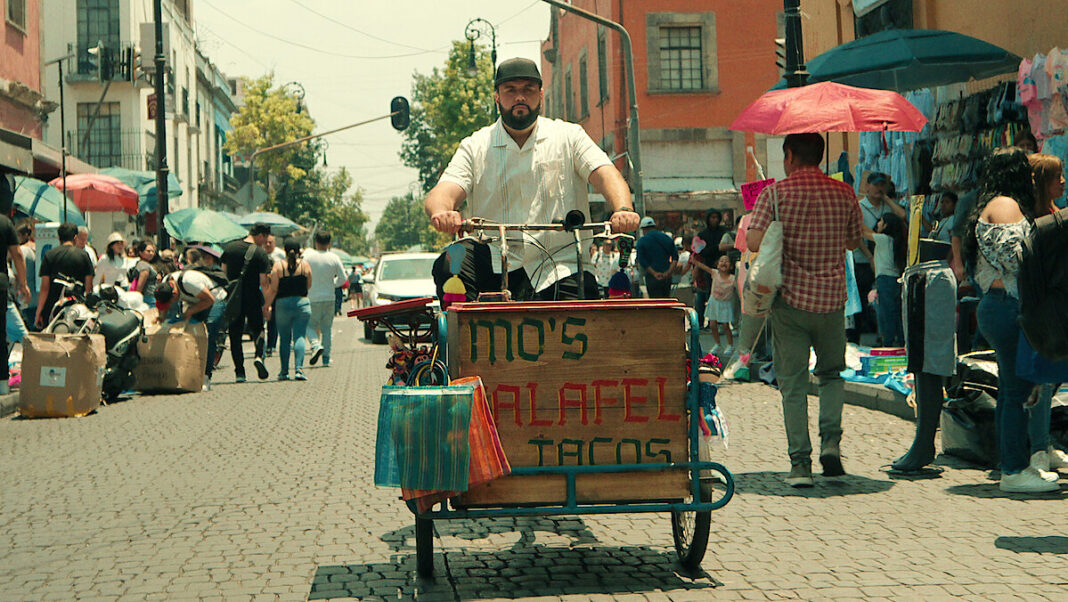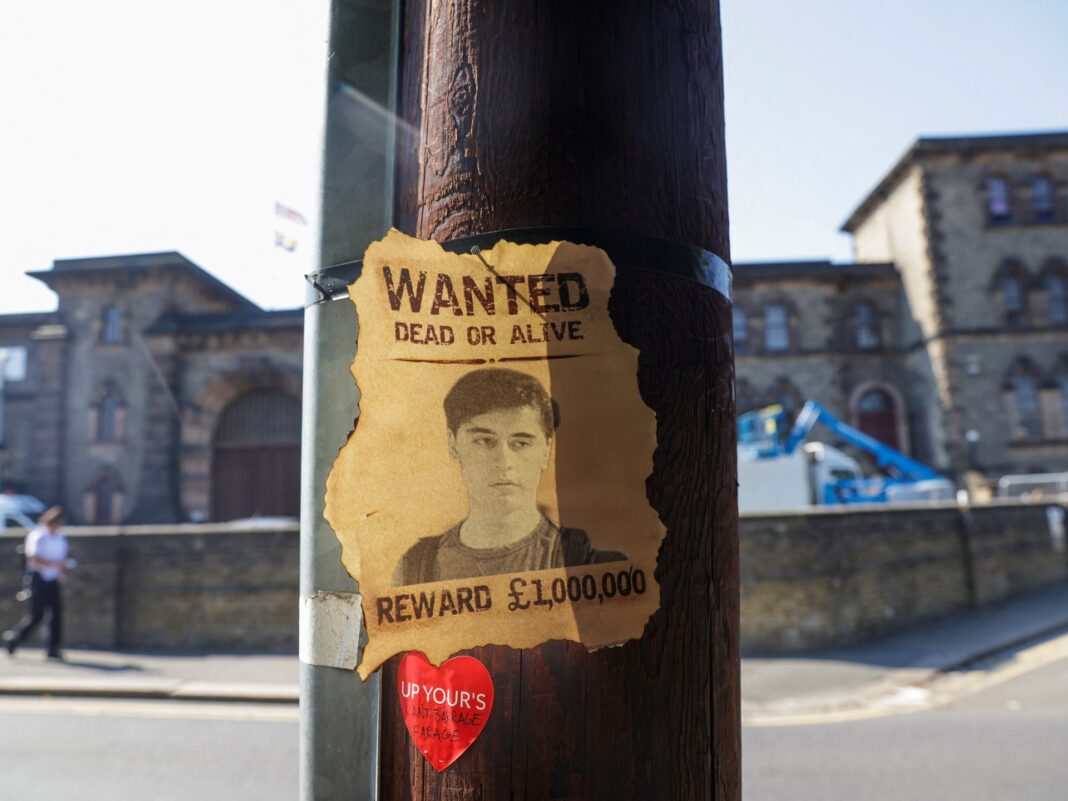Few comedies tackle the intricacies of identity, immigration, and displacement with the depth and nuance of Mo. In a television landscape where Palestinian stories remain underrepresented, Mo stands out as a bold, heartfelt, and timely series.
With its second season now streaming on Netflix, the A24 show, co-created by Palestinian American Mo Amer and Egyptian American Ramy Youssef, solidifies itself as one of the most profound and distinct comedies in recent years. Mo Amer’s performance is both magnetic and deeply personal, delivering an authentic portrayal of a Palestinian refugee navigating life in Houston, Texas.
Picking up where Season 1 left off, Mo Najjar is stranded in Mexico, desperately trying to find a way back to the United States without legal status. This detour leads him into a series of absurd yet moving encounters, from wrestling in a lucha libre ring and dealing with US embassy bureaucracy to forging bonds with fellow migrants hoping to start a new life in the US.
The narrative starts by seamlessly shifting between humor and the harsh realities of undocumented life, never losing sight of the show’s core themes: survival, belonging, and the search for stability. This is illustrated beautifully in scenes set in a detention center, where detainees find moments of joy and solidarity despite the bleak conditions and the systemic hardships they endure, including racism and denial of access to basic rights.
The season’s strength lies in its ability to balance the weight of Mo’s struggles with comedic levity. Amer’s knack for observational humor makes even the darkest moments accessible. His interactions with a detention center guard provide a standout moment, blending wit with biting social commentary. Meanwhile, his mother, Yusra (Farah Bsieso), remains the emotional anchor of the show, while his brother, Sameer (Omar Elba), embarks on a journey of self-discovery that delivers some of the season’s most touching scenes. Sameer’s storyline is particularly strong, exploring his challenges with autism in a poignant and beautiful way. The show sensitively handles cultural tropes surrounding autism (particularly in Arab families) while delivering a powerful message about acceptance and individuality.
Adding to the narrative complexity, Maria (Teresa Ruiz), Mo’s now-ex-girlfriend, has moved on with an Israeli-American chef, setting up one of the most hilariously awkward confrontations of the series. The show delves into culinary appropriation, particularly the commercialization of Palestinian and Arab cuisine in ways that strip it of its roots. This confrontation, while comedic, highlights a deeper conversation about cultural ownership and authenticity in the food industry.
The West Bank: A Powerful and Unflinching Portrayal
The final episode, set in the West Bank, is the season’s most poignant and does not shy away from confronting themes, such as settler violence and discrimination by Israeli authorities toward Palestinians – from the airport all the way to small towns in the West Bank. It forces Mo to confront his heritage in ways he never has before in the show, leading to an emotionally charged conclusion that leaves a lasting impact. The show powerfully highlights what it means to be Palestinian – the difficulty of returning home, the struggles of statelessness, and the treatment of Palestinians both abroad and in their homeland.
A particularly striking scene features settlers chopping down Palestinian olive trees, an act of aggression that, when confronted by Mo and his family, results in Israeli soldiers protecting the settlers instead – mirroring many real-life incidents. Olive trees hold deep symbolic meaning in Palestinian culture, representing heritage, perseverance, and a connection to the land that has been passed down through generations. Their destruction is not just an attack on property but a direct assault on identity and history.
The show also underscores the difficulty of mobility for Palestinians in the West Bank, from excessive security checks to restricted access to their own land, offering a sobering look at daily oppression under occupation.
This episode resonates strongly, especially in light of the ongoing violence by Israelis inflicted upon Palestinians in the West Bank and the broader context of the war on Gaza which has left tens of thousands of Palestinians dead, though the show, which ends on October 6, 2023, does not address events since the start of the war. Even so, it does not feel as though this absence diminishes the impact, as the show’s message about what it means to be Palestinian today is conveyed powerfully and unmistakably by the season’s end.
With its sharp writing, impeccable performances, and cultural resonance, Mo remains one of the most essential comedies on television.
Amer delivers a career-defining performance, making this season not just an excellent continuation of his story but a vital reflection on the immigrant experience in the US in addition to highlighting Palestinian identity. Mo is as thought-provoking as it is entertaining, and in today’s landscape, its voice feels more necessary than ever.


